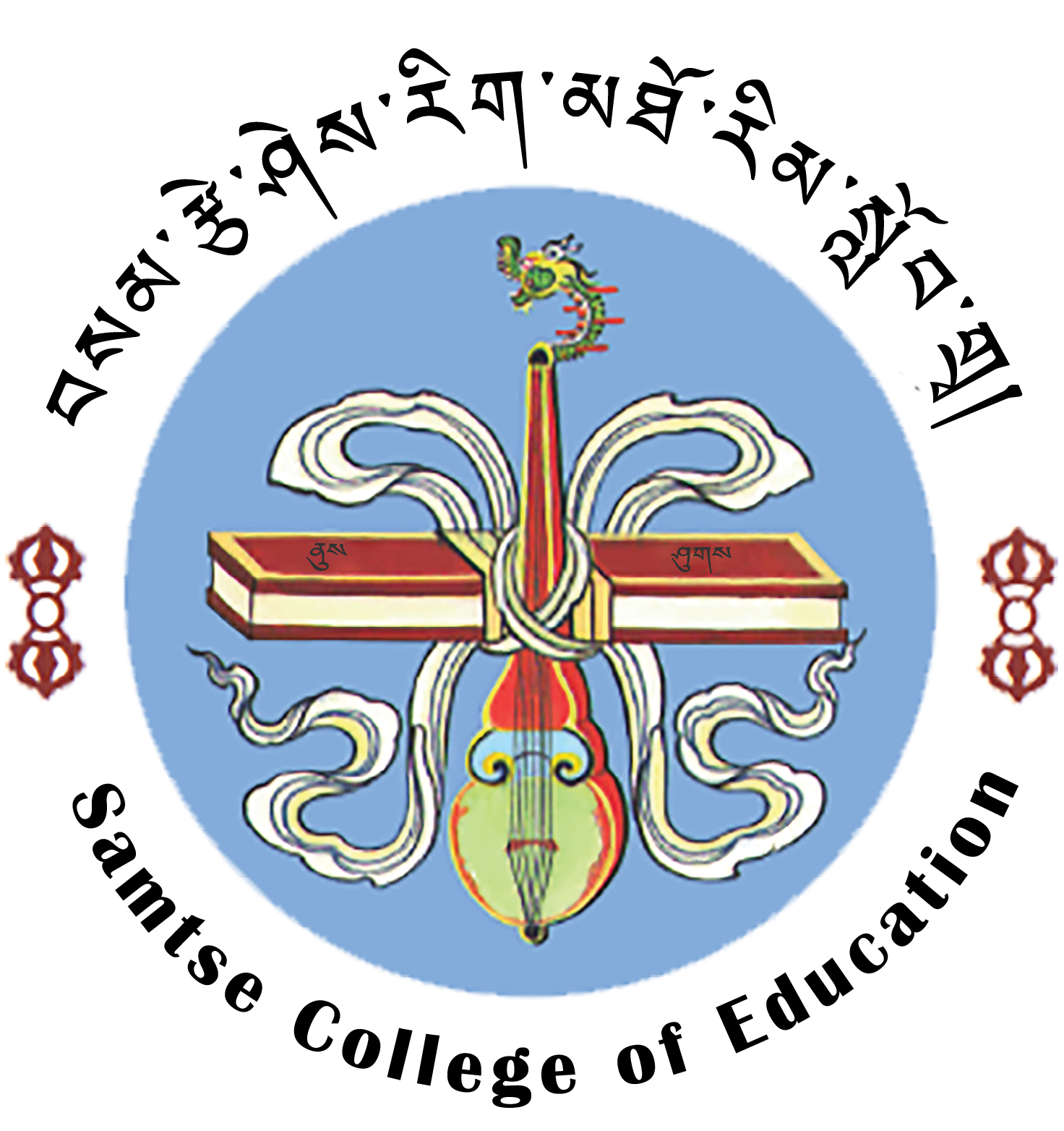Deepening RUB–IDRC Partnership to Advance Bhutan’s Research and Development
On 4 July 2025, the Royal University of Bhutan (RUB) welcomed Dr Kapil Kapoor, Asia Regional Director of the International Development Research Centre (IDRC), in a high-level meeting hosted by the Office of the Vice Chancellor (OVC). This visit, Dr Kapoor’s first to Bhutan and RUB, marked an important step in reinforcing collaborative research efforts focused on contributing directly to national reform and sustainable development.
The meeting brought together senior OVC officials, faculty researchers, and project teams from Samtse and Paro Colleges of Education, alongside representatives from the Druk Gyalpo’s Institute (DGI). Organised by Dr Gyembo Tshering, the session provided a platform to review the progress of IDRC-supported initiatives and explore future areas of collaboration.
The Vice Chancellor, Dasho Chewang Rinzin, welcomed Dr Kapoor and opened the meeting by highlighting that this engagement was not just about research for the sake of research, but about research that will bring positive transformation in the education system. He noted that Bhutan is undergoing substantial reforms in both schools and higher education, and emphasised the importance of research that adds value to these ongoing changes. In this context, it was emphasized that RUB’s role should extend beyond the awarding of degrees to encompass the production of rigorous, evidence-based research that meaningfully contributes to informing governance and policy.
During the meeting, Dr Kinley Seden from Samtse College of Education presented updates from the project titled Promoting Gender Equality and Social Inclusion in Schools: Building on What Children Value and Aspire to Do and Be (GESI). She highlighted key project outputs, including the EIP Special Edition on GESI, two research papers, and two policy briefs. Additional deliverables, such as the baseline report and the LIKE Club Activity Book, are currently under development and are anticipated to be published soon. She reported that the initial impact of the project is already visible in some schools, particularly in the ways children articulate their aspirations and demonstrate greater sensitivity toward equality and inclusion. These early signs of change have further strengthened the collaboration with the Ministry of Education and Skills Development (MoESD), with discussions underway to facilitate the implementation phase, which is planned to begin once schools reopen after the summer break.
Dr Reeta Rai, also from Samtse College of Education, provided an update on the Connected Learning Initiative for Teacher Education in Mathematics and Science (CL4STEM), which promotes innovative, technology-driven approaches to teacher education. She further highlighted that the project has been extended for an additional year, underscoring its ongoing success and impact. Dr Gembo Tshering from Paro College of Education shared progress on the Motherboard Integrated Education Monitoring and Information System (MIEMIS) project, which aims to enhance data use and decision-making within Bhutan’s education system in partnership with the Druk Gyalpo’s Institute.
Dr Kapil Kapoor provided an overview of IDRC, describing it as a Canadian institution with over 50 years of experience supporting research and innovation across the Global South. He explained that IDRC works in 33 countries across Asia and focuses on five key thematic areas: climate change and resilience, global health and health equity, education and science for development, democratic and inclusive governance (including gender equality and inclusion), and sustainable inclusive economies.
In Bhutan, eight IDRC-supported projects are currently underway, with about half under the education sector, particularly within the Knowledge and Innovation Exchange (KIX) initiative. Other projects focus on climate, agriculture, and irrigation.
Dasho Chewang Rinzin further highlighted the success of IDRC-supported projects at the two Colleges of Education and noted the potential for these collaborations to expand beyond education into areas such as AI, science, language, and culture. Emphasizing the need for alignment, he posed a critical question on how RUB, as an academic institution, can collaborate more closely with government agencies to ensure that research adds tangible value to their work.
The Pro Vice Chancellor, Dr Rinchen Dorji highlighted that the focus areas of IDRC align closely with RUB’s core research priorities and aspirations. He acknowledged that research is often undervalued and emphasized the importance of developing strategies to ensure that research has meaningful impact by actively engaging relevant stakeholders. He also underscored the importance of research capacity building by not only enhancing the skills of researchers but also bridging the gap between research outputs and their practical impact to support developmental activities.
Dr Kapoor emphasised the critical need to bridge the gap between research findings and their translation into policy and practice. While IDRC is committed to funding high-quality research, he acknowledged that more support is required to facilitate the transition from research outputs to change. He encouraged RUB researchers to build stronger partnerships with government bodies, regional institutions, and policymakers to ensure the research remains relevant and actionable. Furthermore, he advocated for creating a collaborative community of researchers across multi-institutions and countries to share learning and jointly address common challenges.
The meeting concluded with a focus on future opportunities. Colleges across RUB were encouraged to monitor IDRC’s regular open calls for research proposals throughout the year. There was a shared commitment to expanding the scope of research at RUB and enhancing its relevance to Bhutan’s national development agenda. As Bhutan embarks on an era of educational and socio-economic reform, the growing partnership between RUB and IDRC promises to play a vital role in shaping inclusive, evidence-based policy and strengthening the country’s research culture.
Pictures below:





